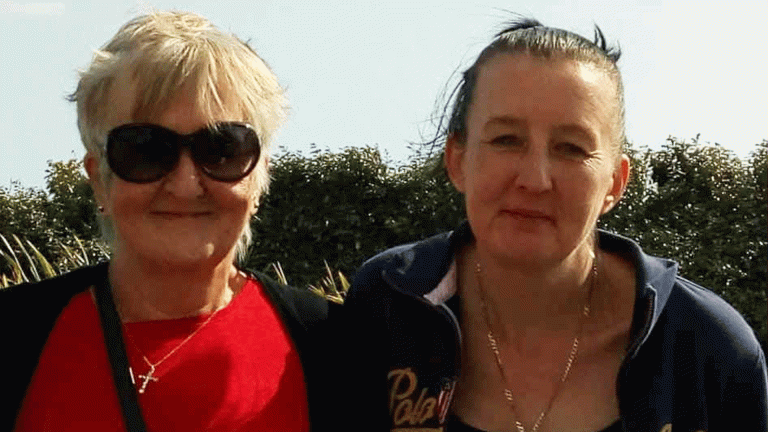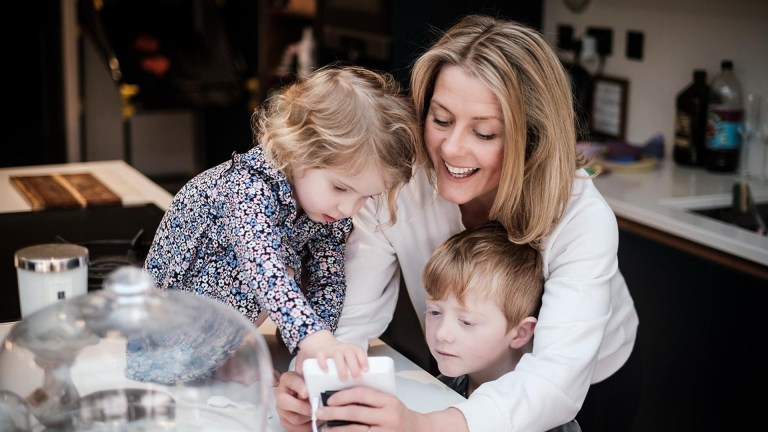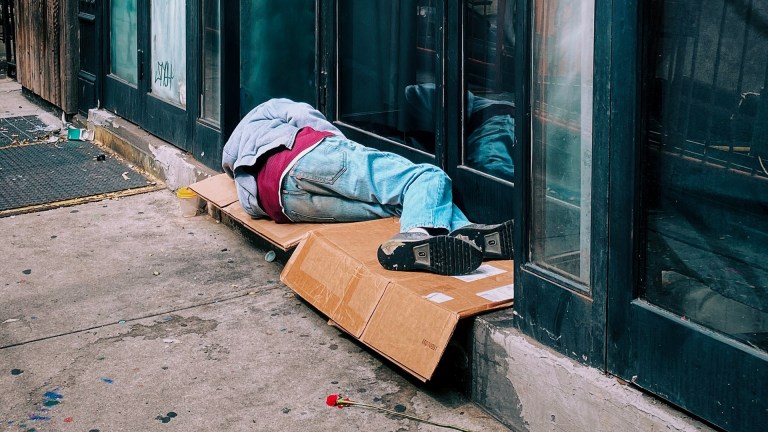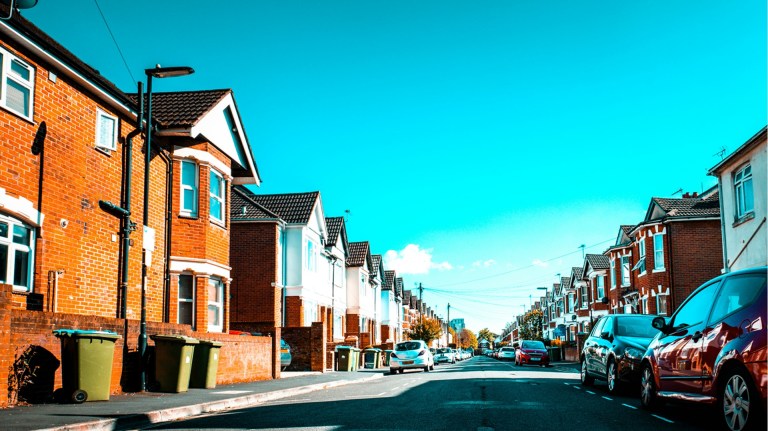“We must act fast, because the pandemic we are now enduring is only intensifying the housing emergency and its destructive inequalities. We know black people are more likely to be homeless or live in overcrowded homes, putting them at greater risk from this virus.
“But right now, the government is failing to prevent homelessness because it’s not doing enough to increase the number of decent, genuinely affordable, social homes. Through social housing, the government has the capacity to provide the sanctuary of a safe home. We can’t allow the legacy of Covid-19 to be one of rising homelessness and shattered lives.”
Of the 288,470 total applications for assistance from local authorities, white households accounted for 69.8 per cent although 84.6 per cent of all properties across England are classed as white.
In London, the inequality was even greater. Nearly a third of applications were from black households, despite accounting for just 12.4 per cent of the English capital’s population.
In contrast, white households made up 31.1 per cent of cases, even though white households account for 58.9 per cent of London homes.
Nicolas Treloar, Runnymede Trust research analyst, told The Big Issue that the think tank’s own research showed that BME groups were least likely to have heard of social security measures meaning they risked being most impacted by the Covid-19 pandemic both financially and in health terms.
He said: “The Covid-19 pandemic has shone a light on the most vulnerable communities with one of these being homeless BME groups.
Advertising helps fund Big Issue’s mission to end poverty
“These inequalities are likely to have been exacerbated for BME homeless groups, all of which will have felt the disproportionate pinch of the pandemic. The intersectional risk factors facing BME groups who are also homeless will have made life harder than it already was and we urgently need action to remedy these issues.”
The figures come days after the government revealed that the Homelessness Reduction Act has helped nearly a quarter of a million households who were at risk of homelessness either stay in their home or move into longer term accommodation since coming into force in April 2018.
A total of 243,680 households have seen homelessness prevented or relieved after the act placed greater duty on councils to deal with cases within 56 days.
But a review into the legislation’s effectiveness found that improvements were required in administration, data collection and joint working.
Minister for Rough Sleeping and Housing Kelly Tolhurst said: “The Homelessness Reduction Act is working well, with councils supporting the most vulnerable, meaning many more people who may not previously have been eligible for support now have the help they need.
“This government is committed to ending rough sleeping for good by the end of this Parliament and we’ve backed this up with over half a billion pounds of funding this year alone.”
Advertising helps fund Big Issue’s mission to end poverty
Councils have been central to the government’s Covid-19 response, playing a key role in the Everyone In efforts that saw 14,610 rough sleepers housed in hotels and other accommodation at the peak of the Covid-19 lockdown.
The Rough Sleeping Task Force, previously headed up by Dame Louise Casey, was set up to protect rough sleepers from the virus and is now working with local authorities to house the formerly homeless people who are still being protected.
But the price that councils have paid is heavy. Councils face a £5 billion funding gap by 2024, according to a figures released by the Local Government Association, with £1.9 billion alone needed to cover struggling services such as homelessness and children’s social care in the upcoming Comprehensive Spending Review.
The LGA’s David Renard said: “These figures highlight the increased demand pressures on councils as they strive to provide homelessness support and underlines the urgent need for these services to be adequately funded.
“The long-term impact of coronavirus on council homelessness services, which were already under significant pressures before the pandemic, is currently unclear.”
Advertising helps fund Big Issue’s mission to end poverty









